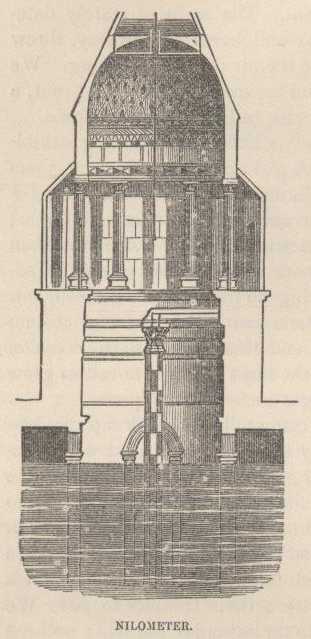American Vandal Part 3
"In January business flourished. News of his successful performances was circulating widely. That month there were twenty bookings which took him on an itinerary that criss-crossed Indiana, Illinois, Iowa, Wisconsin, Michigan, and Ohio." (Lorch, pg 94-95)
 On the island at our right was the machine they call the Nilometer, a stone-column whose business it is to mark the rise of the river and prophecy whether it will reach only thirty-two feet and produce a famine, or whether it will properly flood the land at forty and produce plenty, or whether it will rise to forty-three and bring death and destruction to flocks and crops—but how it
On the island at our right was the machine they call the Nilometer, a stone-column whose business it is to mark the rise of the river and prophecy whether it will reach only thirty-two feet and produce a famine, or whether it will properly flood the land at forty and produce plenty, or whether it will rise to forty-three and bring death and destruction to flocks and crops—but how it